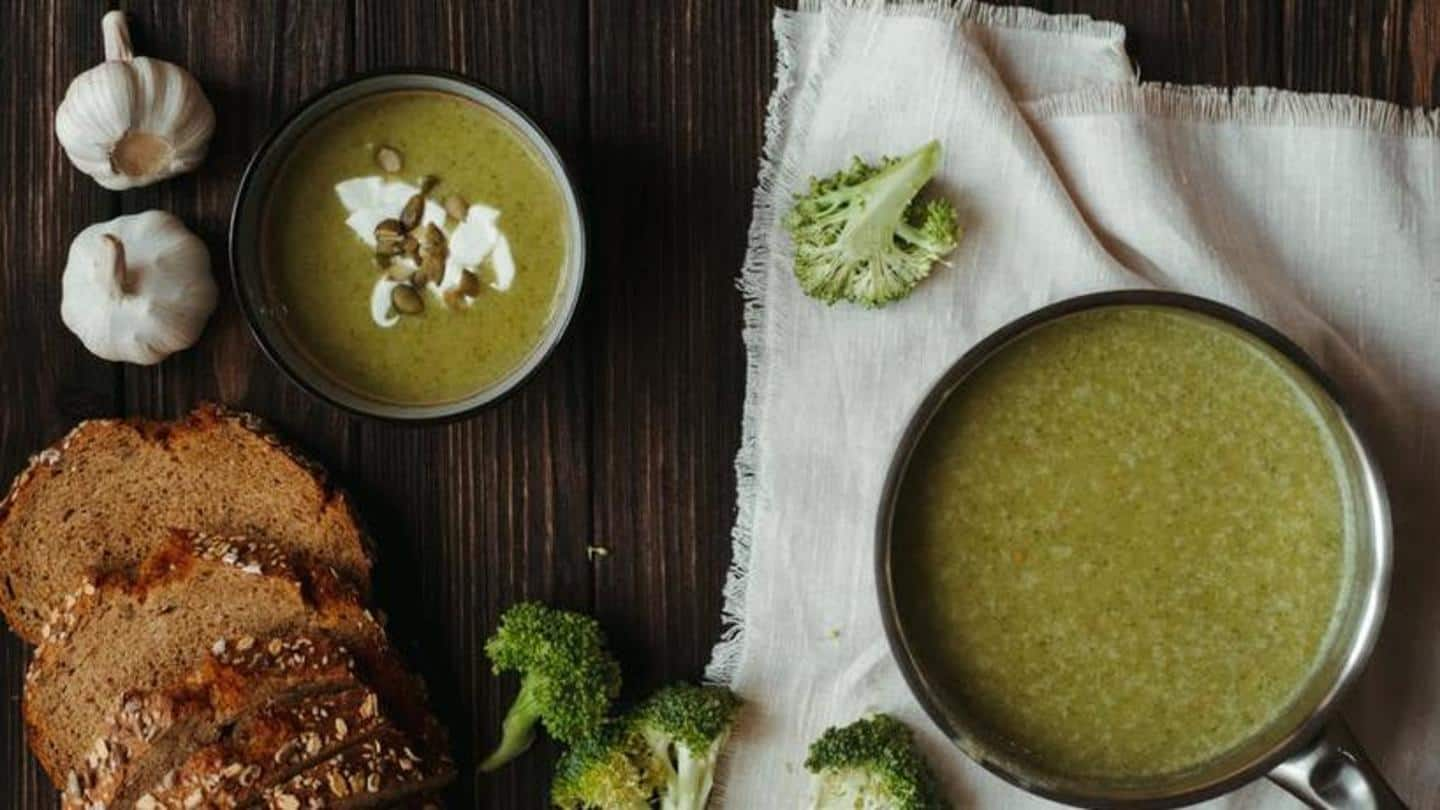
What is a gluten-free diet?
What's the story
A gluten-free diet strictly excludes gluten, a mixture of proteins found in wheat, barley, and rye.
A gluten-free diet may, in some cases, improve gastrointestinal symptoms in diseases like irritable bowel syndrome, or rheumatoid arthritis. It is also the only treatment for those with celiac disease.
A gluten-free diet has nothing to do with weight loss, so don't attempt it until recommended by doctors.
Context
Here is what our expert says
Gluten is a protein found in wheat, barley and rye. Intolerance to this dietary protein due to immune mediated phenomenon will manifest as gluten sensitivity.
Celiac disease is a multisystemic sensitivity to gluten and the main treatment involves avoidance of gluten in diet.
Hidden sources of gluten include sauces where it is used as a thickening agent, drug fillers, processed meat and contaminated oatmeal.
#1
What constitutes a gluten-free diet?
A gluten-free diet may contain gluten-free foods, like dairy products, meat, fish, eggs, legumes, nuts, fruits and vegetables, rice, and corn.
Processed foods that are gluten-free may also be considered.
Alternative grains can be used but with caution since there's a chance of cross-contact.
One must limit commercially produced gluten-free products, as they contain more refined carbohydrates, fat, sugar, and salt.
#2
How safe are gluten-free alternatives?
Contact between gluten and gluten-free grains is known as cross-contact.
Rice flour, soy flour, amaranth, millet, cornstarch, quinoa, and almond meal flour among others are gluten-free.
But since most of these grains are grown and manufactured near each other, you still run the risk of consuming gluten.
You can also eat oats, but make sure the label clearly reads "gluten-free."
#4
Who should follow a gluten-free diet?
A gluten-free diet is a must for people diagnosed with celiac disease to avoid serious intestinal damage or non-celiac gluten sensitivity.
However, people who don't have gluten sensitivity, should not go gluten-free as otherwise, they miss out on fiber.
Also, some gluten-free foods have been reported to contain more sugar, fat, and/or salt, and fewer nutrients like iron and folic acid.
#5
How to maintain gluten-free eating
Remember most processed foods contain gluten, so read labels thoroughly before purchasing.
Read restaurant menus beforehand online to know whether they have gluten-free alternatives.
If you must eat out, make sure you visit at a time when they can cater to your specific requirement.
At home, toast bread separately from others to avoid cross-contamination. Keep your kitchen as clean as possible.